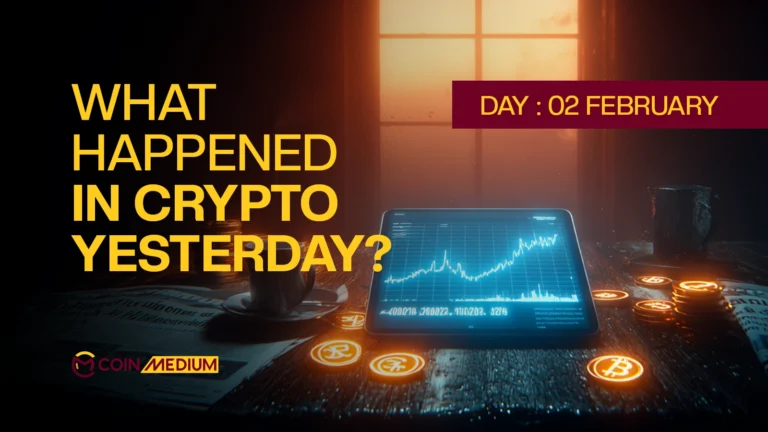In a transformative step toward government transparency and digital innovation, the Philippines Government is set to record their spending on a Polygon blockchain powered platform that allows the public to access and verify select national budget documents in real-time.
The Philippine’s Department of Budget and Management (DBM) has officially announced the move at Boncodin Hall in the DBM Central Office, representing a historic first in the use of blockchain technology to publish and secure public financial records.
Accessible via blockchain.dbm.gov.ph, the new system enables anyone to view tamper-proof versions of two critical budget documents: the Special Allotment Release Orders (SAROs) and Notices of Cash Allocation (NCAs).
DBM Undersecretary Maria Francesca Del Rosario explained how when government funds are allocated and released with blockchain integration, they become immutable, traceable, and permanently verifiable.
“This is how we tackle issues like deepfakes and document fraud,” she said.
“By leveraging cutting-edge technologies like AI, blockchain, and satellite imaging, we are redefining how we approach governance and public policy.”
How does the Philippines Government employ Polygon Blockchain?
The digital transformation uses the Lumen module of BayaniChain’s Blockchain-as-a-Service (BaaS) platform, developed in partnership with Exakt IT Services. It integrates directly with DBM’s internal Action Document Releasing System (ADRS), which creates official budget releases.
Once approved, these documents are uploaded to the blockchain using the Prismo Protocol, a system that intelligently filters what data is publicly accessible while safeguarding sensitive information.
Each SARO and NCA is then “minted” as a non-fungible token (NFT) on the Polygon blockchain, making them immutable and viewable through blockchain explorers. This process ensures the authenticity and integrity of government budget releases.
“This is a proud moment for the Philippines,” said Paul Soliman, CEO of BayaniChain.
“For the first time, a government agency is actively using blockchain to promote public sector transparency and accountability.”
Budget records dating back to 2024 are now accessible to the public. Users can retrieve documents by scanning a QR code printed on a SARO or NCA, or by manually searching by department, agency, or operating unit.
The blockchain project is part of Project Marissa, launched in 2023 under the DBM’s vision of an “INVISIBLE Government”, one that is integrated, secure, and digitally seamless.
By using Zero Trust architecture and blockchain-based record keeping, the initiative aims to eliminate opacity in government transactions, safeguard data from tampering, and bolster public trust in national institutions.
This vision isn’t entirely new. As early as 2018, former Budget Secretary Benjamin Diokno had floated the idea of using blockchain to reform procurement and eliminate corruption, an idea that has now matured into a live platform.

Why is Government spending becoming public knowledge important?
To put it lightly, the Philippines is setting a global precedent. At a time when trust in institutions is increasingly challenged, the Philippines is pioneering blockchain as a tool for good governance.
Paul Soliman, CEO of BayaniChain finds this move revolutionary.
“This isn’t just a tech upgrade; it’s a transparency revolution,” he said.
“We’re giving the public direct access to financial documents that were once buried in bureaucracy. And we’re doing it in a way that’s secure, modern, and incorruptible.”
Paul Soliman
What the Philippines government is doing is groundbreaking. Only time will tell how many more governments will follow suit.







